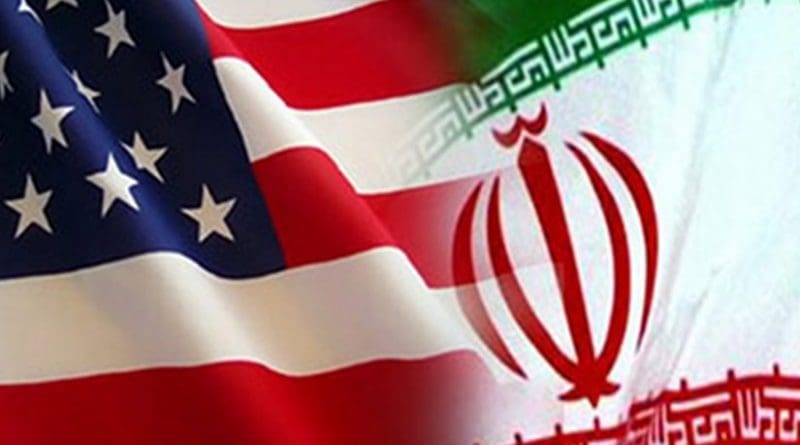Future Of Iran And The US – OpEd
The Trump administration’s unilateral decision to abrogate the Joint Comprehensive Plan of Action (JCPOA) and to implement a “maximum pressure” strategy, with the alleged aim of bringing Iran back to negotiations for a “better deal,” has instead incentivized Iran to respond with aggressive actions against US allies in the Persian Gulf and, through proxies, against US personnel in Iraq and Syria. The assassination of General Qassem Soleimani, the commander of the Islamic Revolutionary Guard Corps (IRGC)’s Quds Force has further set into motion, an unprecedented escalatory pattern between the countries, which culminated by Iran’s ballistic missile strikes against US forces in Iraq.
The future relations of Iran and the US greatly depends on the assassination of Iranian General Qassem Suleiman back on January 3, 2020. The repercussions of which, are going beyond Middle East now. While exploratory future of Iran and the US relations post-January 3, 2020 episode, let us briefly examine few possible policy options in this regard.
Iran is taking Suleiman’s episode as an offensive act of pre-emptive strategy. They are of the view that the US has welcomed military confrontation among both countries that would lead to devastating consequences, not only for Iran and the US, but for the whole world in general. This is owing to the fact that Iran retaliated Americans by attacking the US military base in Iraq, cause of which 50 plus American soldiers injured on January 7, 2020. Moreover, there are speculations that Iran would engage in proxy wars in its neighbouring countries against the United States. Obviously, Iran’s primary goal would be to eject US presence or influence from its neighbouring counties immediately.
While accounting possible policy options from Iranian perspective, one could also consider the Afghan proxy war option into this regard. It is also being feared by the international analysts that raising Iranian-US tensions will spark stress factor in Afghanistan. What exacerbating fears of Iranian meddling in Afghanistan is the new commander, General Esmail Qaani is quite familiar with Liwa Fatemiyoun as well as the IRGC’s activities in Afghanistan. “It is pertinent to mention here very briefly that Qaani was most likely based in Mashhad that is the site of an Afghan Taliban office in Iran as a commander of the fourth Quds Force Corps, responsible for the IRGC’s role in Afghanistan, Pakistan, as well as Central Asia. However, Iran may not likely change its aims in Afghanistan significantly.” Evidently, since the United States is considering to withdraw from Afghanistan, indicates zero interest of Iran to go after the US presence there. So analytically, there won’t be a sharp divergence of Iran’s policies in Afghanistan.
Analytically, Iran will be bearing tougher sanctions and international isolation from the international community. However, the US Administration’s decision of killing Iranian’s most influential military commander invited Iranians future aggression. This would ultimately lead to more vocal aspiration of its (Iran’s) quest to nuclear weapons with zero inclination of any direct talks over its nuclear program. Similarly, there is an assessment of an Israeli intelligence officials that escalating tensions have made Iran more aspirant to take its nuclear program ahead.
Last but not the least, after the tit-for-tat attacks including both January 3rd and January 7th 2020 missile attacks, tensions among both have not diminished at all. There is still a risk of future retaliatory attacks on the table, when both sides are not willing to sit on the negotiating table. If both the states kept their offensive policies persistently, the way they are carried out presently, the danger of escalation might take South Asia in its arena. However, at the moment Pakistan has kept its policy neutral. “Pakistan has called for all involved to exercise restraint and Foreign Minister Shah Mehmood Qureshi stated that the country will not take sides in any escalation between the United States and Iran.” India on the other hand would face strategic implications in the aftermath of any decision among both sides. It is in the strategic crossfire among both sides, nevertheless called for maintaining a neutral approach until now.
*The writer is a student of Bachelors in Defence and Diplomatic Studies, Fatima Jinnah Women University. Her area of interest is development and strategic studies, she can be reached at [email protected]

